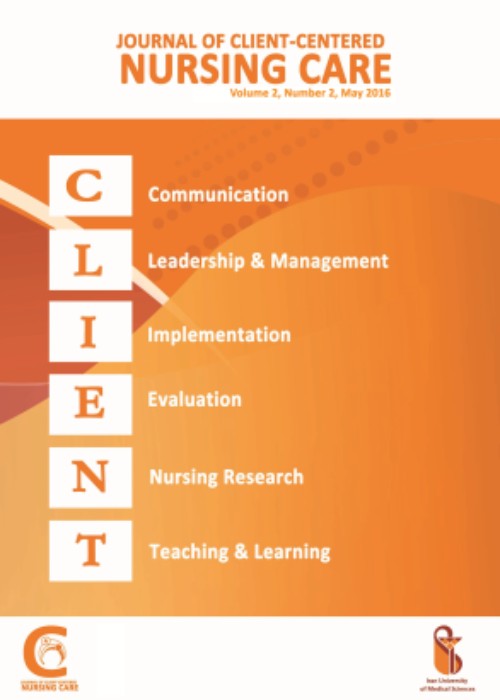Self-awareness Skill Training of Mothers as the Head of the Household and the Self-efficacy of Their Sons
The adults’ life is rooted in their childhood. Children living in single-parent families have less self-efficacy than others. Educating self-awareness skill reliance on the family is among the key aspects of self-efficacy promotion in early childhood. The present study aimed to determine the effect of self-awareness training of the mothers as the head of the household on the self-efficacy of their 10- to 12-year-old sons.
This was a quasi-experimental study with a Pre-test-Post-test and a control group design. The study sample consisted of 10- to 12-year-old boys (N=71) from public schools of Ray City, Iran, and their heads of the family mothers. The study subjects were randomly assigned to the experimental and control groups. The Pre-test was administered to both groups. Then, the mothers of the intervention group attended four 45-minute training sessions twice a week. Moreover, the Post-test was administered to the groups three months after the end of the intervention. The required data were collected by demographic characteristics form, Self-Consciousness Scale (SCS), and Self-efficacy Questionnaire for Children (SEQ-C). Furthermore, the obtained data were analyzed by descriptive statistics, including frequency distribution, mean and standard deviation, and inferential statistics, including the Chi-squared test, Fisher’s Exact test, Independent Samples t-test, Paired Samples t-test, and Analysis of Covariance (ANCOVA) using SPSS.
The study results suggested a significant difference in self-awareness Mean±SD scores of the mothers in the intervention group before (41.77±10.59) and after (53.83±8.43) conducting the intervention (P<0.001); however, such difference was not significantly different in the control group before (47.31±12.45) and three months after the intervention (47.05±11.76). There was a significant difference between the self-efficacy Mean±SD scores of boys in the intervention group before (61.88±9.29) and after (70.44±8.12) providing the intervention (P<0.001); however, this difference was not significantly different in the control group before (65.68±11.33) and after the intervention provision (65.14±12.01).
In this study, mothers’ self-awareness positively affected their sons’ self-efficacy. Thus, self-awareness enabled mothers to identify the emotions of themselves and their children and become aware of them and pay more attention to interacting with their children. These findings help school health nurses in providing a proper educational environment with the collaboration of mothers who are the head of the family.
- حق عضویت دریافتی صرف حمایت از نشریات عضو و نگهداری، تکمیل و توسعه مگیران میشود.
- پرداخت حق اشتراک و دانلود مقالات اجازه بازنشر آن در سایر رسانههای چاپی و دیجیتال را به کاربر نمیدهد.


